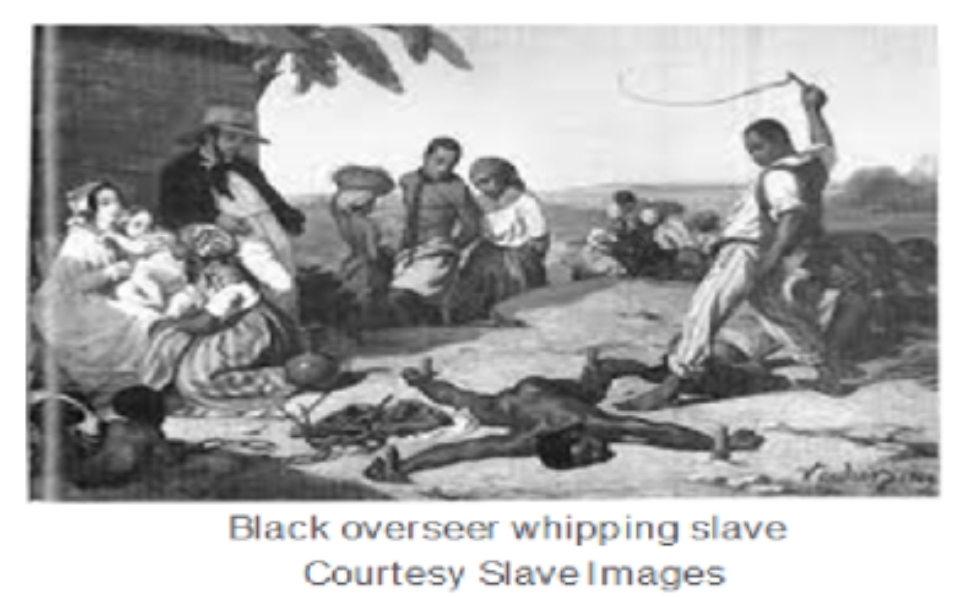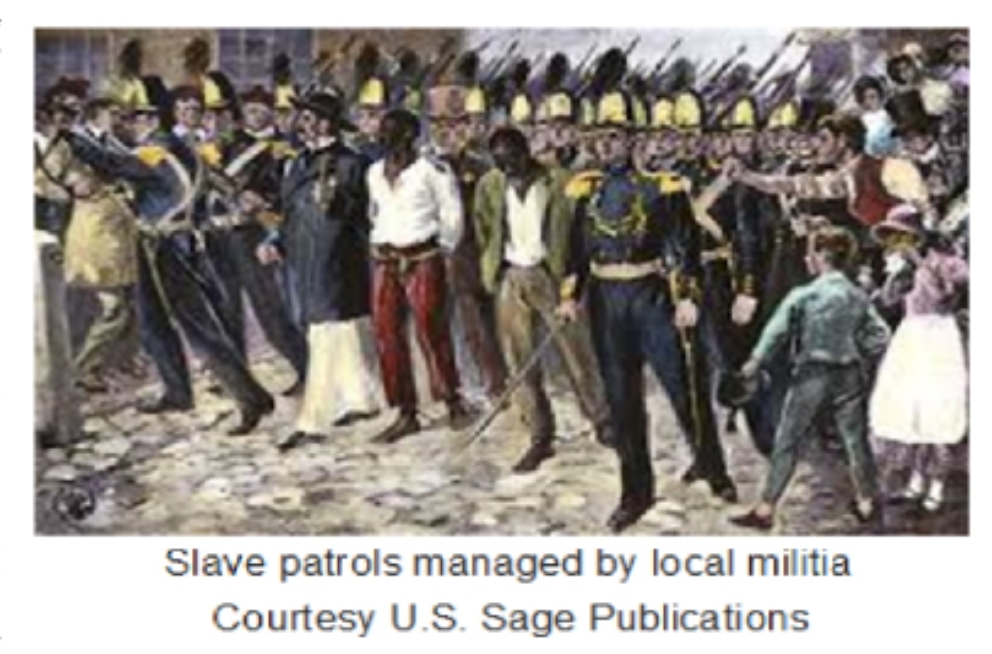“Emancipate yourselves from mental slavery.
None but ourselves can free our minds.” — Bob Marley
At 21 years old, I was ecstatic when my hiring as the assistant to the president of a Northern New Jersey construction company, soon to become a Jersey Shore real estate developer, became official. As a young African American kid from the mean streets of Baltimore, Maryland, who five years earlier had been permanently expelled from high school for a criminal infraction I was guilty of, this opportunity was never supposed to be mine.
Mr. Z, the president, CEO, and 50% owner with his partner, Larry B., had been trying to hire me for more than a year. The Z’s were Italian and showed genuine fascination at how well I seamlessly meshed with their family during my extended Christmas vacation visit with their son, Tony (what else), during our college winter break, making a point that I was the first African American sleepover guest in their home.
Larry B. was Jewish. Several months before I was hired, in 1981, Larry had hired only the second African American to work for the company, Sampson. Sampson had recently retired from more than 30 years as a worker for Larry B’s father, a local slum lord. In his role as driver, handyman, and strongarm enforcer of evictions for Larry’s dad, the muscular, imposing 65-year-old Sampson, unfortunately, had the demeanor of Stepin Fetchit, Lincoln Theodore Monroe Andrew Perry, a vaudevillian actor, famous for playing the dimwitted, shuffling, jiving, Uncle Tom caricature in film and on stage in the 1920s, ’30s, and ’40s.
This characterization is not a judgment. It is an unvarnished observation of Sampson’s behavior. Except for movie and television portrayals, I had never seen anyone before who conducted himself this way at all times. I experienced the pinnacle of Sampson’s ignorance during a ride in his vehicle one day when he proudly proclaimed how privileged he and I were to be in the employ of this company.
“If the white man likes you, you can go verrry far; ‘cause you Tony nigga, and I’m Larry nigga. We’s got it made. Just behave yourself and keep doing the right thing by them, just like me,” Sampson beamed as he shared what in his mind was sage advice. I was genuinely shocked-speechless.
Several days later, I got a phone call at my office from my buddy, Tony Z Jr., who was still away at college. He was so excited by reports from his dad about how well I was doing on the job. He said, “Man I can’t wait to finish school to come and join you. We’re going to run that company one day,” and I repeated to him, “Yeah, we’re gonna run this company,” just as Sampson happened past my desk.
The next morning, Mr. Z paged me to his office. “Regi, I have loved you like my own son and given you an opportunity that should have required years of experience.” Appearing to try to stifle a grin, Mr. Z continued: “I don’t like the idea of you conspiring behind my back to take over my company.”
The company president told me that Sampson had arrived early for work that morning, came into his office literally with a hat in hand, head bowed without making eye contact, and did what he said was his duty as a loyal employee:
“Mr. Z I don’t know how to say this ‘cause you’ve done so much for this boy, but I heard him on the phone yesterday talking to somebody about taking over your company, sir. I couldn’t even sleep last night, and I knew I had to tell you first this morning. It just ain’t right. What that boy is planning just ain’t right. I’m really sorry this is happening to a good man like you, sir.” The rage I felt initially gave way to a watershed streaming down my face of pain and pity for this tortured soul, a relic of four centuries of racist indoctrination.
And therein lies the pathology that caused the disgusting, medieval beating death of Tyre Nichols. The legacy of the Uncle Tom who gives vigorous allegiance, committed servitude, and undying loyalty to his master in exchange for imagined authority and elevated social status, If you’ve seen the movie Django, think of Samuel L. Jackson’s character, Stephen.
This role of the ‘Head Nigga In-charge’ started in the early 1700s on the plantation. Just as in the case of Sampson’s employer, the plantation slave master would cultivate an assertive, usually physically imposing slave, to be a buffer and do the violent dirty work of regimenting and ‘disciplining’ the rest of the slaves, and as in the case of Mr. Nichols, this usually involved vicious beatings, whippings, and systemic maltreatment.
According to a 2008 article published by Our Weekly: “When Nat Turner, Denmark Vesey, and Gabriel Prosser were planning and actualizing their revolts against slave masters, all of them were betrayed by other slaves, who felt their allegiance should be towards their slave master rather than their prospect of being freed. Uncle Tom was the common term used to describe such [people].”
Variously described as an overseer, a role of higher authority just below the slave master, usually on smaller plantations, or a driver, essentially a ‘foreman’ who worked under a white overseer on larger, industrial-sized plantations, the Head Negro, according to American Heritage, were “policemen of the [crop] fields and the [slave’s] quarters… enforced discipline and guaranteed performance in the fields… armed with a whip and outfitted in high leather boots and greatcoat, all emblematic of plantation authority.” Any contemporary comparisons coming to mind?

Former slaves have described horrific driver brutality, including mutilations, lacerations, burnings, and floggings. However, when the driver’s tactics became tyrannical or overly reliant on brute force, he ceased to serve his master’s purpose, and his authority was relinquished. Of course, in 2023 he would have been fired and charged with murder.
A report by Spartacus Educational reveals that “the punishments used against slaves judged to be under-performing included the use of the cart-whip (a heavy short-handled horsewhip). Not surprisingly, the mortality rate amongst the slaves was high. Studies have shown that over a four-year period [from 1860], up to 30 percent of the slave population in America died.”
As slavery evolved from a cottage industry to a full-fledged industrial behemoth, the resources required to police the slaves, whose populations outnumbered whites in many Southern communities, along with the fear of rebellions and the sheer logistics of managing millions of plantation slaves, precipitated the creation of organized, government-sanctioned slave patrols.

Historian Victor E. Kappeler, Ph.D., explains that “in 1704, the colony of Carolina developed the nation’s first slave patrol. Slave patrols helped to maintain the economic order and to assist the wealthy landowners in recovering and punishing slaves. Slave patrols and Night Watches, which later became modern police departments, were both designed to control the behaviors of minorities.”
Dr. Kappeler also points out that “a legally sanctioned law enforcement system existed in America before the Civil War for the express purpose of controlling the slave population and protecting the interests of slave owners.”
A Wikipedia entry documents that “Fugitive Slave Laws helped enforce the necessity for slave patrols to abide by the law. Although these laws were initially created to keep tensions low between the North and the South, they caused the physical formation of slave patrols. Legislators introduced laws that enlisted white people in the regulation of enslaved people’s activities and movements. Black people were subjected to questioning, searches, and other harassment.” Familiar?
Speaking of harassment, the Memphis police have yet to clarify why Tyre Nichols was pulled over in the first place. It is clear from the preceding historical examination that the behavior unleashed on Mr. Nichols by at least five African-American urban plantation overseers with badges, guns, and nightsticks is tantamount to the sociopathic rage exhibited by black men of comparable authoritative status in the antebellum South. These officers were power drunk; suffering from the pathological intoxication of believing their status as loyal henchmen of The Man makes them superior to other people of their own race that they have sworn to protect and serve. They are the quintessential Uncle Toms. ass the George Floyd Justice in Policing Act, now!










